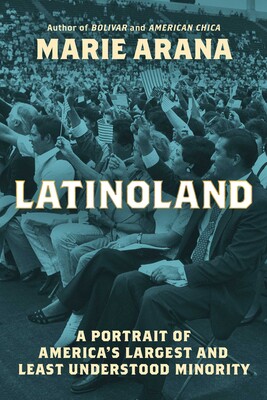
The Library Book
Book Description
A firestorm engulfed the heart of the Los Angeles Public Library, leaving charred remnants and unanswered questions in its wake. How could a seemingly ordinary library become the epicenter of a devastating blaze? Susan Orlean plunges into the ashes, uncovering not just the mystery of the fire but also the untold stories of the books, the people, and the city itself. As she navigates through history, passion, and human connection, the narrative spirals into a celebration of the libraries that shape our lives. What happens when the guardians of knowledge confront the threat of oblivion?
Quick Book Summary
"The Library Book" by Susan Orlean is a multifaceted exploration of the catastrophic 1986 fire at the Los Angeles Public Library, which decimated hundreds of thousands of books and left a community reeling. Orlean uses the fire as a starting point, weaving in the mystery surrounding its cause, including the controversial role of suspect Harry Peak, and expanding the narrative to recount the library’s history, celebrate librarianship, and illuminate the essential place libraries hold in society. Through engrossing storytelling, Orlean connects her personal memories of libraries with the lives of readers, employees, and city dwellers tied to the LA library. The book poignantly examines the resilience of libraries and the enduring significance of protecting access to knowledge against persistent threats of neglect, disaster, and indifference.
Summary of Key Ideas
Table of Contents
The Mystery and Aftermath of the Library Fire
Orlean opens with the event that anchors the entire narrative: the 1986 fire that swept through the Los Angeles Public Library. She describes the devastation, with hundreds of thousands of books destroyed and more damaged by smoke and water. The mystery of how the fire started and whether it was deliberately set sets off a true crime investigation, introducing Harry Peak, a charismatic but unreliable arson suspect. This inciting incident draws Orlean—and the reader—deep into questions of loss, justice, and recovery.
The Vital Role of Libraries in Communities
The book moves outward from the fire to explore the broader significance of libraries in public life. Orlean paints libraries as vibrant community centers where people find not only books, but resources, refuge, and connections. She reflects on her own early experiences with libraries, drawing universal parallels about the role they play in child development, lifelong learning, and community cohesion. Through interviews and research, Orlean underscores how libraries empower individuals, support marginalized groups, and foster civic engagement.
Librarians as Guardians and Innovators
A significant portion of the narrative is devoted to profiling the librarians themselves, highlighting their passion, adaptability, and commitment. Orlean details daily operations, the complexities of cataloging and technology, and the challenges librarians face in a rapidly changing world. The stories of past and present library staff reveal the behind-the-scenes work that keeps a library dynamic, responsive, and relevant. Their stewardship is central to the library’s survival and evolution.
The History of the Los Angeles Public Library
Orlean also unearths the fascinating history of the Los Angeles Public Library, from its 19th-century origins to its innovative expansion throughout the 20th century. She spotlights the idiosyncratic personalities—visionary city leaders, activist women, determined reformers—who shaped the institution. The library’s history mirrors the growth, diversity, and optimism of Los Angeles itself, reflecting broader trends in American urban and cultural development.
Books, Memory, and the Preservation of Knowledge
In her concluding reflections, Orlean meditates on the broader implications of preserving books and collective memory. She confronts the reality that knowledge is vulnerable to destruction, whether by fire, neglect, or societal upheaval. Yet she finds hope in the tenacity of librarians and the public’s enduring love for books and libraries. Ultimately, Orlean’s book is a celebration of libraries as sanctuaries of knowledge, engines of curiosity, and monuments to humanity’s communal spirit and resilience.
Download This Summary
Get a free PDF of this summary instantly — no email required.





